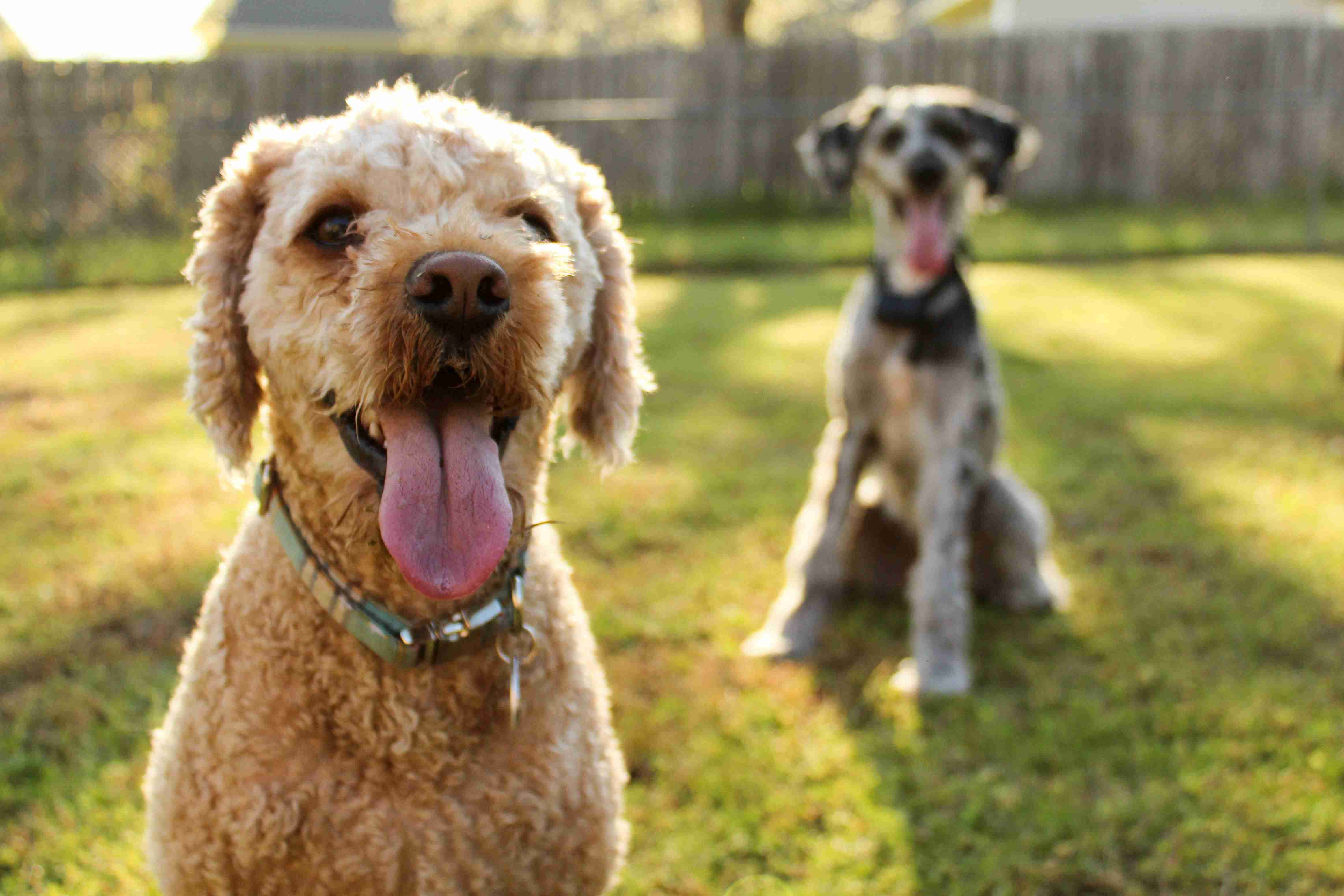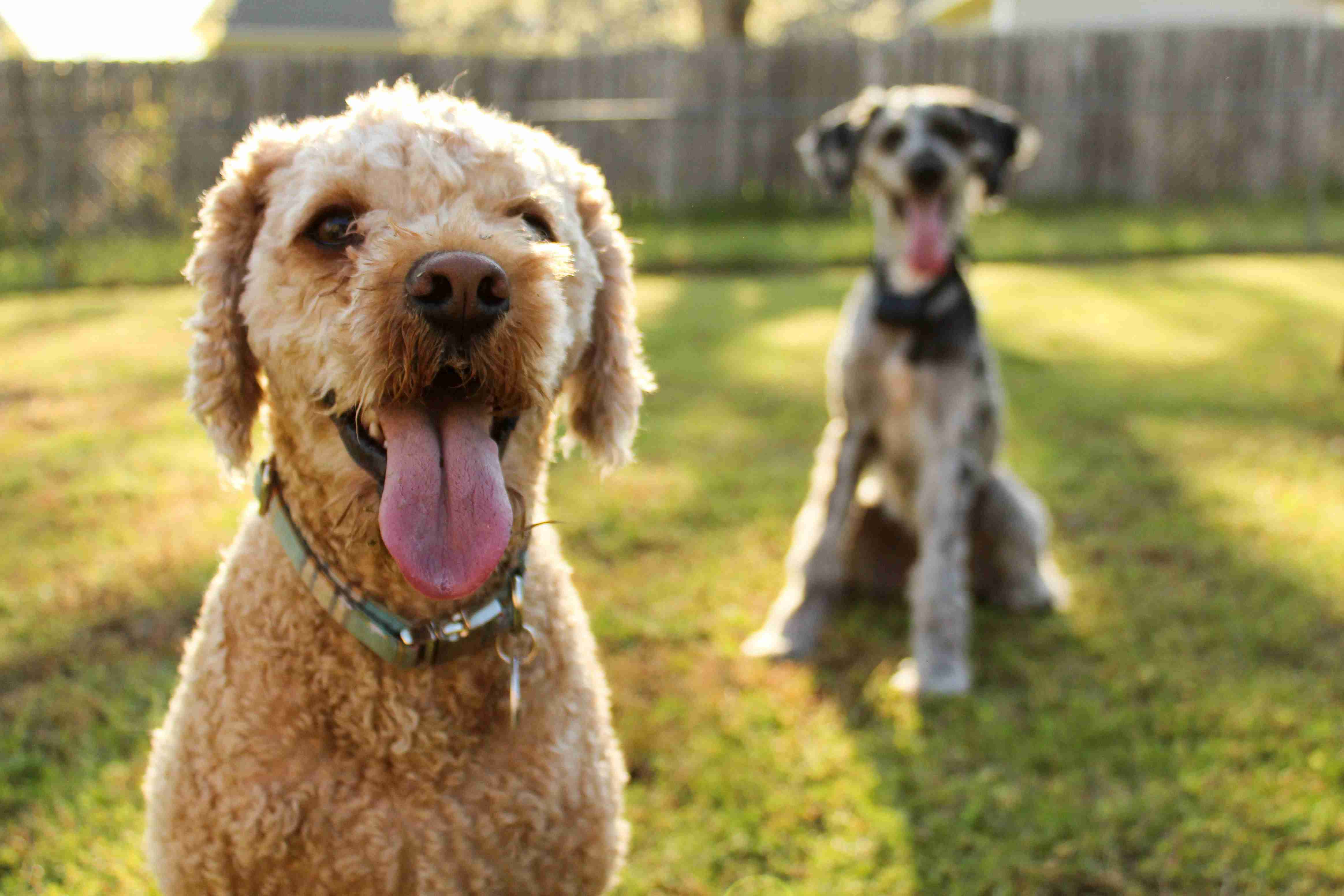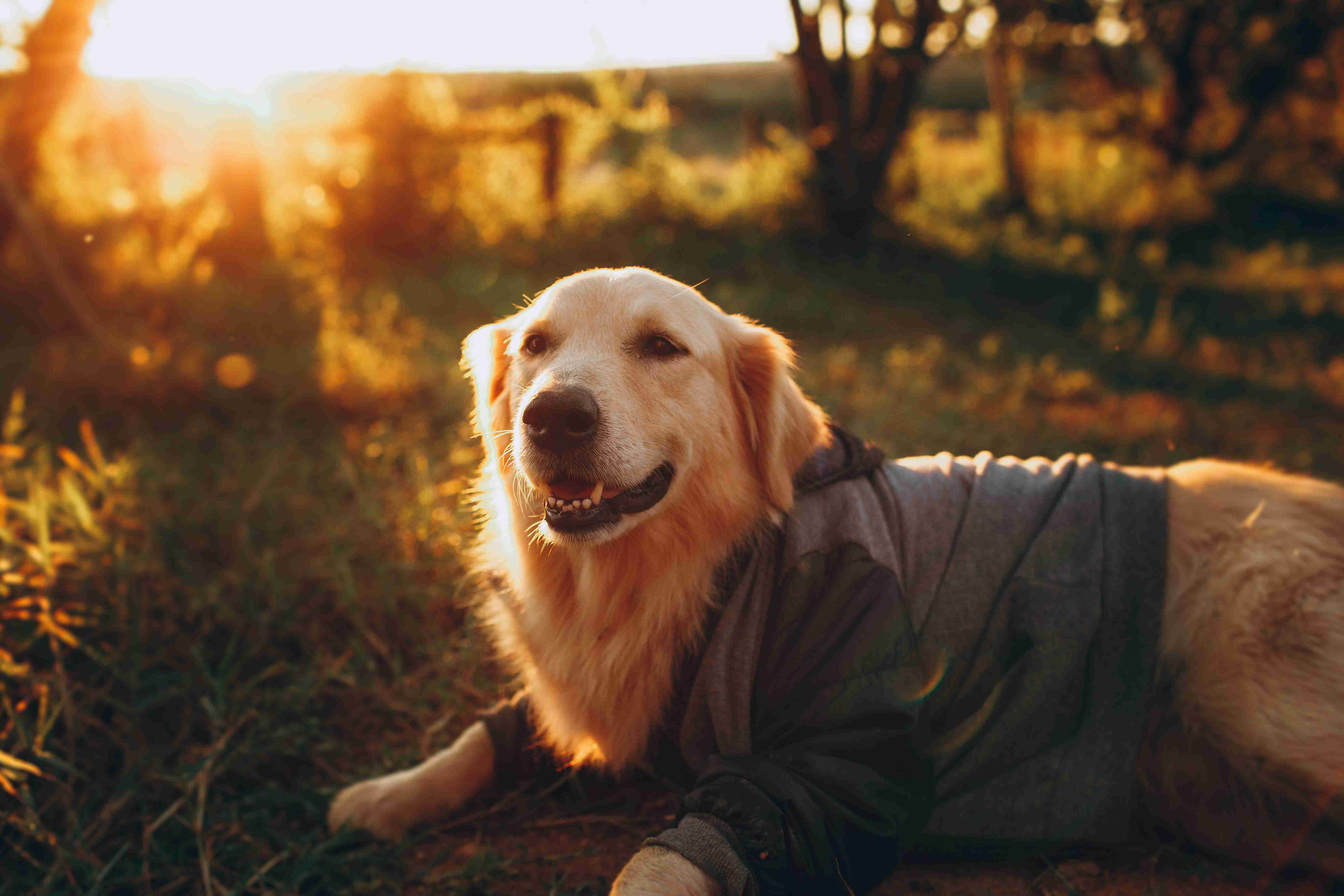Dogs are known for their loyalty and protective nature. They are often deemed as the perfect guard dogs for their ability to bark at strangers and alert their owners of potential danger. However, if you’re a dog owner, you may have experienced your furry friend barking incessantly at someone they’ve never met before. So, why do dogs bark at strangers? Is it just a protective instinct, or is there something more to it? In this blog post, we’ll explore the reasons why dogs bark at strangers and provide tips on how to manage this behavior. Let’s dive in!
Dogs are known for their loyalty and protectiveness towards their owners. However, sometimes their protectiveness can turn into aggression, particularly towards strangers. Barking is the most common way dogs express their aggression or fear towards strangers. As a dog owner, it is important to understand why dogs bark at strangers and how to manage it.
In this blog post, we will delve into the reasons behind why dogs bark at strangers and provide tips on how to manage this behavior.
1. Protecting their territory:
Dogs are territorial animals and they consider their home and surroundings as their territory. When a stranger approaches their territory, they may perceive it as a threat and bark to warn the stranger to stay away. This behavior is particularly common in dogs that are bred for guarding, such as German Shepherds and Rottweilers.
2. Fear or anxiety:
Some dogs may bark at strangers out of fear or anxiety. They may have had a negative experience with a stranger in the past or may have had no socialization with strangers at all. In these cases, the barking is a response to their fear or anxiety.
3. Lack of socialization:
Dogs that are not socialized properly may bark at strangers as they perceive them as a threat. Socialization is the process of exposing a dog to different people, places, and situations so that they can learn to adapt to them. Dogs that are not socialized may become anxious and fearful when they encounter a stranger.
4. Breed tendencies:
Certain breeds have a natural tendency to bark more than others. For instance, Terrier breeds were originally bred for hunting small game, and they were trained to bark to alert their owners to the presence of prey. Similarly, Beagles were bred to bark when they are hunting rabbits, and they have a strong instinct to bark.

Now that we have understood the reasons behind why dogs bark at strangers, let us look at some tips to manage this behavior.
1. Socialization:
Socialization is key to managing a dog’s behavior towards strangers. It is important to expose your dog to different people, places, and situations from a young age. This will help your dog to become more confident and comfortable around strangers.
2. Positive Reinforcement:
Positive reinforcement is a training technique that rewards your dog for good behavior. When your dog behaves well around strangers, reward them with treats or praise. This will reinforce the good behavior and encourage them to continue behaving well.
3. Teach your dog to speak and quiet:
Teaching your dog to speak and quiet can be a useful tool in managing their barking behavior. When your dog barks at a stranger, use the speak command. Then, when they stop barking, use the quiet command and reward them when they stop.
4. Consult a professional:
If your dog’s barking behavior is causing problems, it is best to consult a professional dog trainer or behaviorist. They can help you to identify the underlying cause of the behavior and provide training and management techniques to help your dog overcome their fear or anxiety.
Overall, dogs bark at strangers for various reasons, including fear, anxiety, territorial behavior, and breed tendencies. Understanding the reasons behind their behavior is the first step in managing it. Socialization, positive reinforcement, teaching them to speak and quiet, and consulting a professional are all effective ways to manage your dog’s barking behavior towards strangers. With patience and consistency, you can help your dog to become more comfortable and confident around strangers.
In conclusion, understanding why dogs bark at strangers is the first step in managing this behavior. Remember that dogs bark for various reasons, such as fear, territorial instinct, or simply to communicate. As a responsible dog owner, it’s important to train your dog to control their barking and socialize them with humans and other animals. With patience, consistency, and positive reinforcement, you can help your furry friend become a well-behaved and happy companion. By understanding your dog’s behavior and taking steps to manage it, you can create a safe and comfortable environment for everyone, including your beloved pup.



.jpg)

%20-%20Copy.jpg)

.jpg)
.jpg)